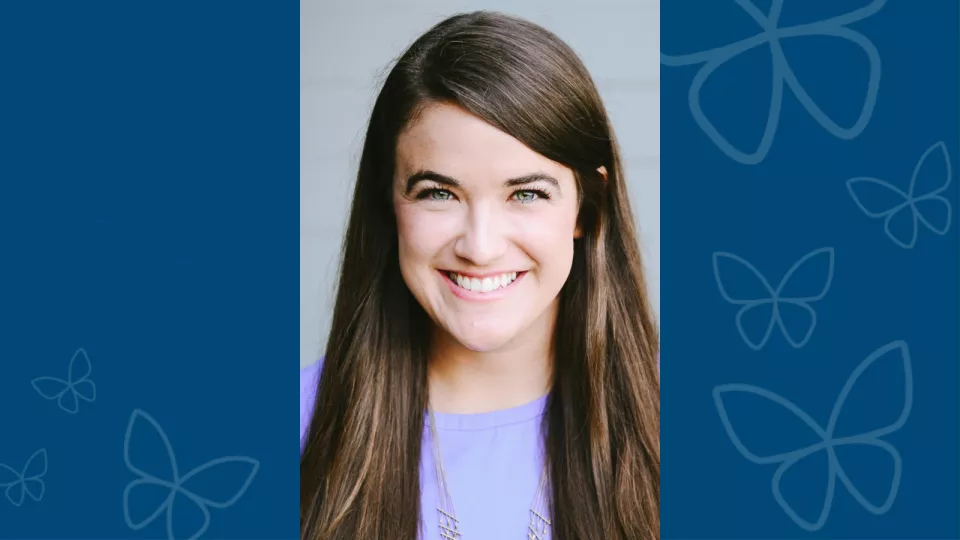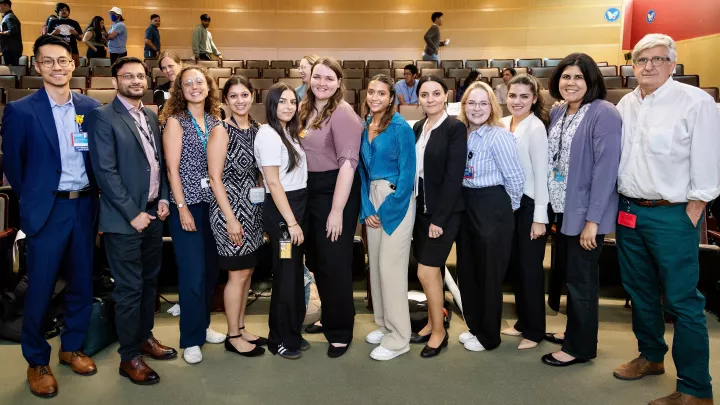
Research Faculty Spotlight: Jessica Schwartzman, PhD
During her clinical psychology internship, Jessica Schwartzman, PhD, was working on an inpatient psychiatric floor when she noticed an alarming trend.
“Many of the kids were clearly on the autism spectrum or had ADHD,” Dr. Schwartzman remembers. “And yet, their providers often didn’t recognize these neurodivergent identities or know how to approach these patients. There’s been very little research and few clinical trials on mental health outcomes in neurodivergent youth. We don’t have an evidence base to guide our clinical practice.”
Today, as Director of the Training and Research to Empower NeuroDiversity (TREND) Lab at CHLA, her goal is to build that evidence base and improve mental health care for neurodivergent youth—those with autism, ADHD, learning disabilities and more.
“Neurodivergent youth perceive the world differently and interact with others in their own ways. Unfortunately, emerging research shows that they are exceptionally vulnerable to depression, anxiety and suicidality,” Dr. Schwartzman notes. “I’m trying to understand what makes this community more vulnerable to adverse mental health outcomes, and how we can intervene in the most effective way.”
Under a K23 grant from the National Institute of Mental Health, her team is using electroencephalography (EEG), interviews and questionnaires to measure how neurodivergent youth respond to social acceptance and rejection on a simulated social media platform.
“The goal is to identify neural signatures and clinical markers that can help predict which youth will later develop depression. This work can help us improve our risk assessments and design interventions,” Dr. Schwartzman explains.
She is also studying ways to adapt therapy practices for neurodivergent youth. And under a grant from the Canadian Institutes of Health Research, she is collaborating with University of Calgary investigators to explore strategies for supporting autistic youth after a suicide attempt.
Dr. Schwartzman joined CHLA in September and enjoys collaborating with clinicians and researchers across the hospital. Another key to her research: a diverse advisory team of neurodivergent adults, parents, clinicians and researchers.
“My advisory team members are involved in writing grants, choosing research questions and co-authoring papers,” she says. “They have fantastic ideas that have really elevated my science, clinical practice and teaching.”
Originally from Thousand Oaks, Dr. Schwartzman grew up in a family that includes people with autism, ADHD and intellectual disabilities. “I was acutely aware from a young age that many well-intentioned people don’t understand neurodiversity. Personally and professionally, I hope that we can continue to evolve to create a more accepting and validating world,” she adds.
Outside of work, she enjoys spending time with her husband, family and friends, and her dog, Sasha. A “big foodie,” you’ll often find her exploring L.A.’s restaurants—from doughnut shops to food trucks.


